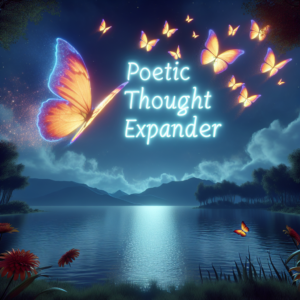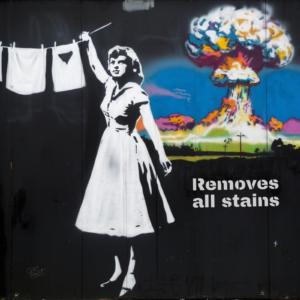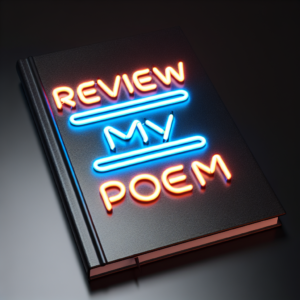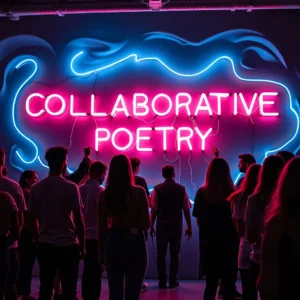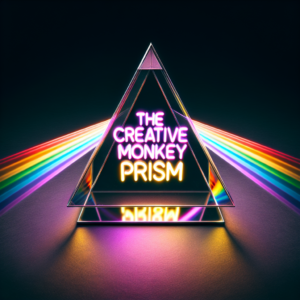The dystopian thriller might be heavy on the zombies and desolation, but the themes it explores – human behaviour in crisis, power structures, survival instincts – ring a bell when we examine our current socio-economic landscape. Let’s venture into this unusual yet thought-provoking comparison.
10 Zombie Capitalism Insights
- Survival of the Fittest: Both scenarios portray a form of Darwinism where the strong prosper while the weak are left behind
- Resources Scarcity: Whether it’s scavenging for food in a post-outbreak London or the wealth gap in our societies, the theme of uneven resource distribution is strikingly similar.
- Isolation: Just as survivors are isolated in 28 Days Later, individuals can feel alienated within capitalist societies due to class divisions and economic disparity.
- Power Structures: Both settings reveal how power structures can emerge and be manipulated in times of crisis, often to the detriment of the many.
- Fear as a Control Tool: Fear, be it of the infected or financial instability, can be used as a powerful tool to control and manipulate behaviour.
- Hope and Despair: In both scenarios, hope and despair coexist, fueling actions and decisions. The hope for a better future can often drive people to extremes.
- Humanity in Crisis: Both situations test the boundaries of humanity and ethics. How far will individuals and societies go in their quest for survival?
- Existential Questions: The existential questions arising from a post-apocalyptic world aren’t far removed from those in a world of unchecked capitalism.
- Endgame: What happens when resources run out, or when wealth is concentrated in the hands of a few? Both scenarios hint at an impending implosion.
- Resistance: Finally, both contexts highlight the importance and inevitability of resistance, of fighting back, whether against the infected or the imbalances of the system.
QR Poet Summary
Exploring the parallels between 28 Days Later and late-stage capitalism might seem wild. However, this exercise allows us to question our social structures and the concept of survival in a dog-eat-dog world. So, are we living in our version of a dystopian nightmare, or can we script a different ending for ourselves?
The Big Question
In our quest for survival and prosperity, are we losing sight of our collective humanity?

